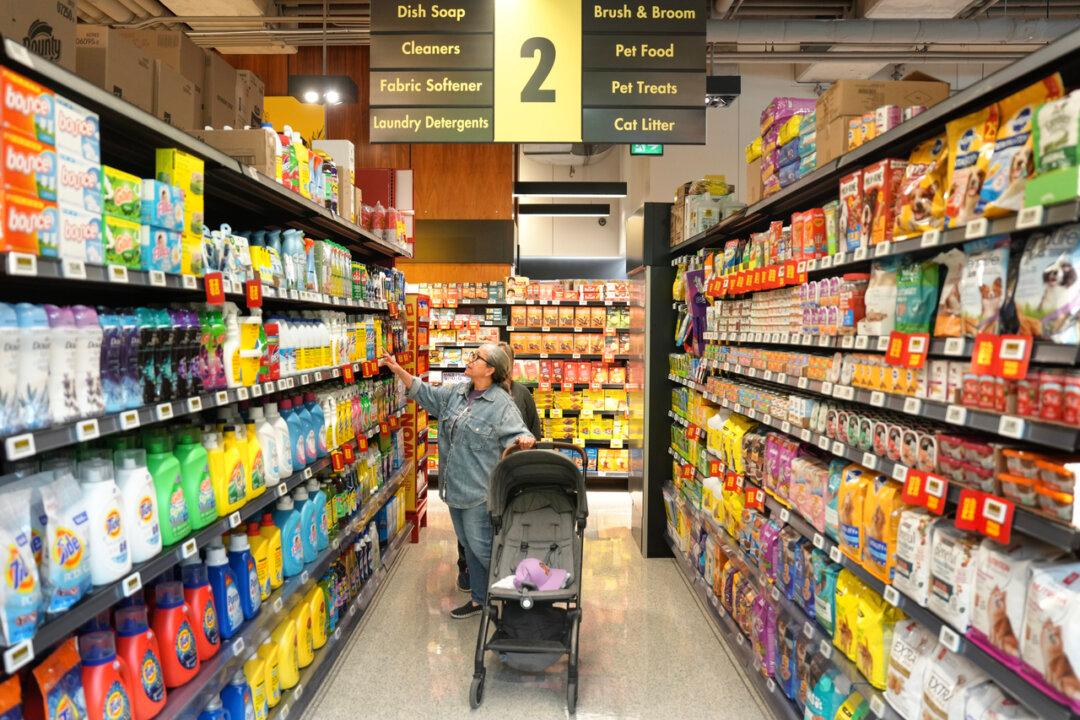Canadians who suspect their groceries are shrinking can get a glimpse of which products have been affected and by how much, as a new study examines 60 products across major grocers in Ontario.
Titled “Shrinkflation In Ontario: A Study” and produced by non-profit group Community Researchers, the report explores the reduction in grocery product size from 2019 to 2023 across three major Ontario chains. It found that 12 out of the 60 products had experienced shrinkflation, meaning their volumes were reduced while prices remained unchanged.





